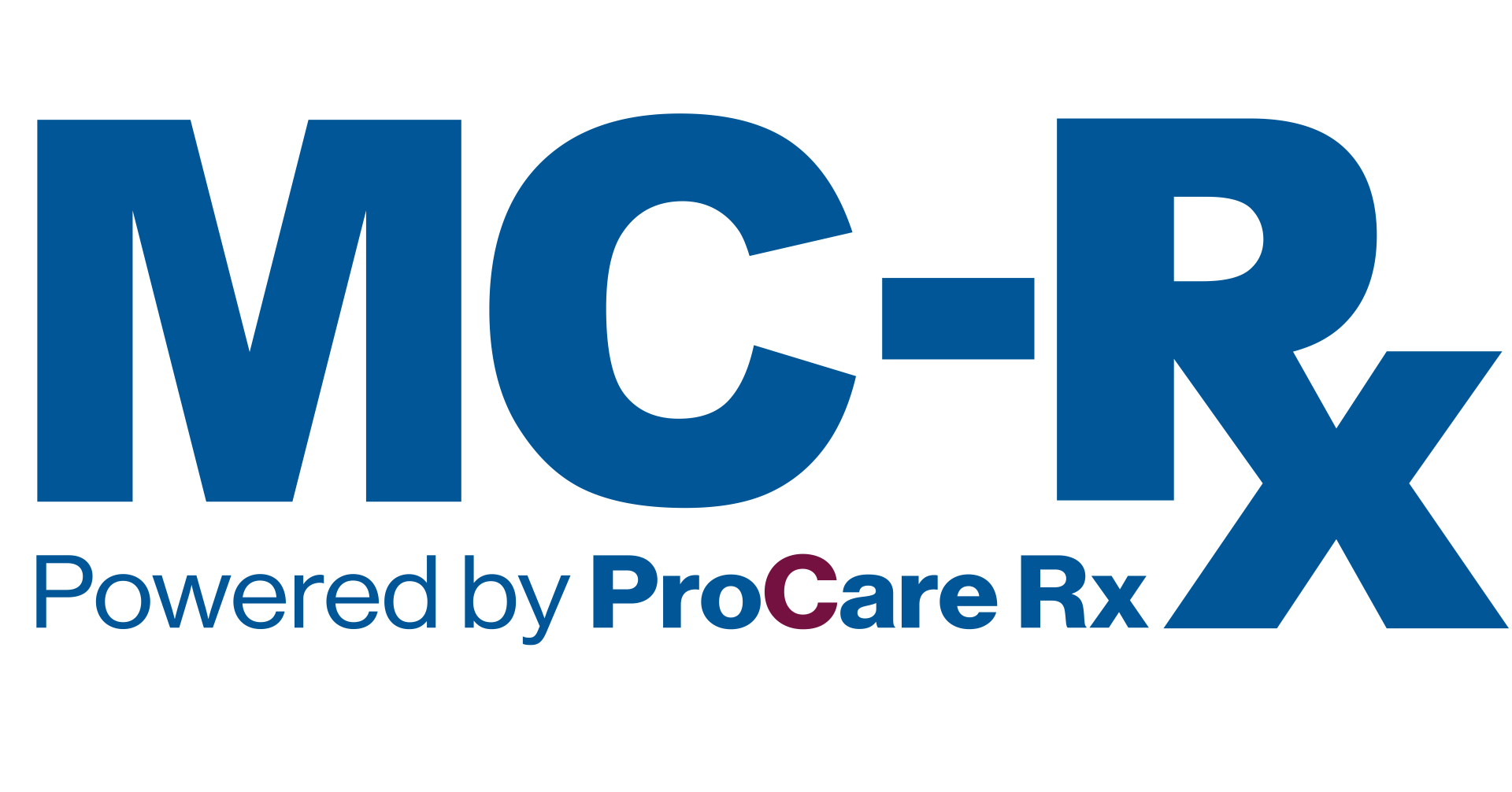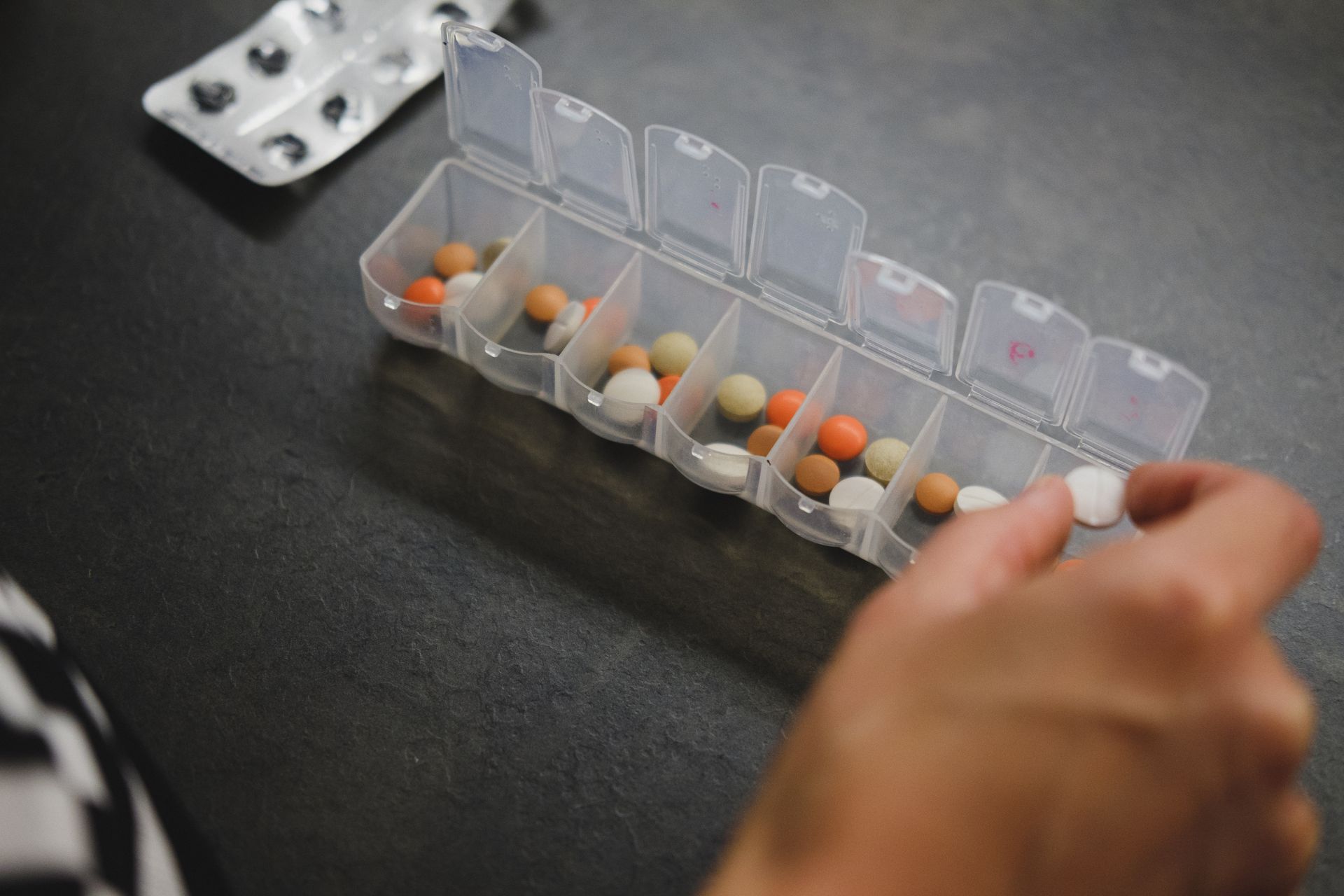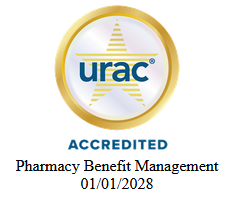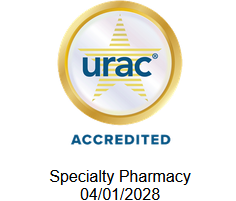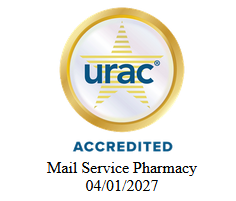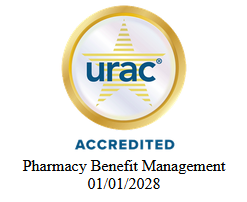Important Updates on Immunization for the 2023-2024 Season, It’s not just the flu!
As the leaves change and the weather gets cooler, it's not just pumpkin spice lattes that make their return.

Influenza, COVID-19, and other respiratory viruses such as the respiratory syncytial virus or RSV, also start making their rounds during the fall and winter months. But why should you be concerned about this season, and why is getting vaccinated so important? Let's break it down in simple terms.
Adaptation of the Virus:
Viruses are constantly changing, which is why a new flu vaccine is developed each year to match the most prevalent strains. By getting vaccinated, you help slow the spread of the virus and its potential to mutate into more dangerous forms.
Protect Yourself and Protect Others:
Getting sick isn't just getting a bad cold; it can knock you off your feet for days or even weeks. Getting vaccinated can reduce your chances of getting sick. Plus, it isn't just about you; it's about your friends, family, and the community. When you get vaccinated, you create a shield around you, making it less likely that you'll spread the virus to those around you. This is especially crucial for vulnerable populations like young children, the elderly, and people with underlying health conditions.
Reduce Missed Work and School:
Nobody likes missing work or school, but getting sick can force you to do just that. By getting vaccinated, you lower your chances of falling ill and missing out on important responsibilities.
Avoid Complications:
Getting sick isn't just an inconvenience; it can lead to serious complications like pneumonia and hospitalization. Getting vaccinated significantly reduces your risk of these severe outcomes, providing peace of mind for you and your loved ones.
Important Updates on immunization
At MCRx, we want you to be informed on the latest immunization updates. In February 2023, the CDC published their vaccination schedules.
General changes in the vaccination schedule of Children and Adolescents
Vaccines added:
- Vaccines for COVID-19
- Priorix® – new measles, mumps and rubella vaccine
- Pneumococcal 15-valent conjugate vaccine (PCV15)
- Dengue vaccine is recommended for HIV-positive children living in endemic areas, NOT for children traveling to or visiting dengue endemic areas
General Information: Vaccination Schedule for Adults
Vaccines added:
- COVID-19
- PreHevbrio™ : Hepatitis B virus infection prevention
- Priorix: Measles, mumps, and rubella vaccine
For more information on schedules for Children, Adolescents and Adults, please visit the CDC website: https://www.cdc.gov/vaccine
Influenza Vaccine Updates
There are several influenza vaccines available for the 2023-2024 season. Talk to you pharmacist or provider about getting your flu shot this fall season.
COVID Vaccine Updates
COVID-19 vaccines were added to the regular vaccination schedule
- Original Monovalent mRNA vaccines should NOT be used
- Updated vaccine available for vaccination
- Janssen vaccine not available in the United States
- Novavax vaccine is the only monovalent vaccine available (only in special circumstances)
Information on the Updated Vaccine for COVID-19 also known as "Bivalent"
- Ingredients: components of the original virus strain and the Ómicron variant
- Attributes: prevents serious illness, decreases hospitalizations and deaths by COVID-19
- Indicated for people > 6 months of age
- Immunocompromised patients may require additional doses
For more information: https://www.cdc.gov/vaccines/covid-19/downloads/COVID19-vaccination-recommendations-most-people.pdf
Updates on Respiratory syncytial virus (RSV)
- RSV is a virus that affects mostly the lower respiratory tract
- It mainly affects young children (< 5 years) and elderly (> 65 years)
- Main cause of bronchiolitis and pneumonia in children under 1 year
- Seasonal virus (peak in autumn-winter)
Strategies approved for the immunization against RSV
- Vaccines against Respiratory Syncytial Virus (Adults > 60 years): Arexvy® and Abrysvo®
- The CDC recommends that adults 60 years or older receive the vaccine against RSV after consulting your health provider and reaching a joint decision where you assess the risks vs. benefits of receiving the vaccine.
- Biologic drug known as Monoclonal antibody (infants < 8 months*): Nirsevimab (Beyfortus™)
- CDC recommends administering a single dose of 50mg intramuscular to all infants <8 months of age born during or facing their first season of RSV
*It is also recommended for a select group of children between the ages 8-19 months who are at risk of severe illness from RSV during their second season of RSV (eg immunocompromised)
- Nirsevimab has been shown to reduce the risk of hospitalizations and visits to health institutions in infants
In Conclusion:
We should all value the role of the pharmacy staff in immunization efforts. This season getting vaccinated isn't just a recommendation; it's a crucial step in protecting yourself and those around you. At MCRx, we promote vaccinations as a simple, yet effective way to stay healthy, keep the community safe, and reduce the burden on healthcare systems. So, roll up your sleeve and get vaccinated. It's a small action that can make a big difference in the battle against respiratory illness.



